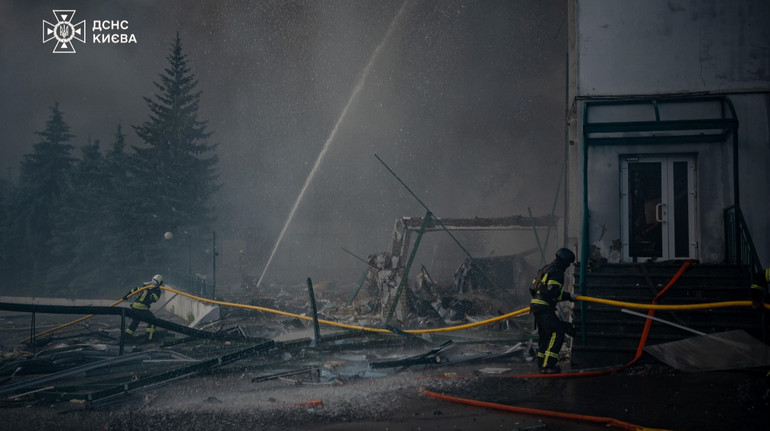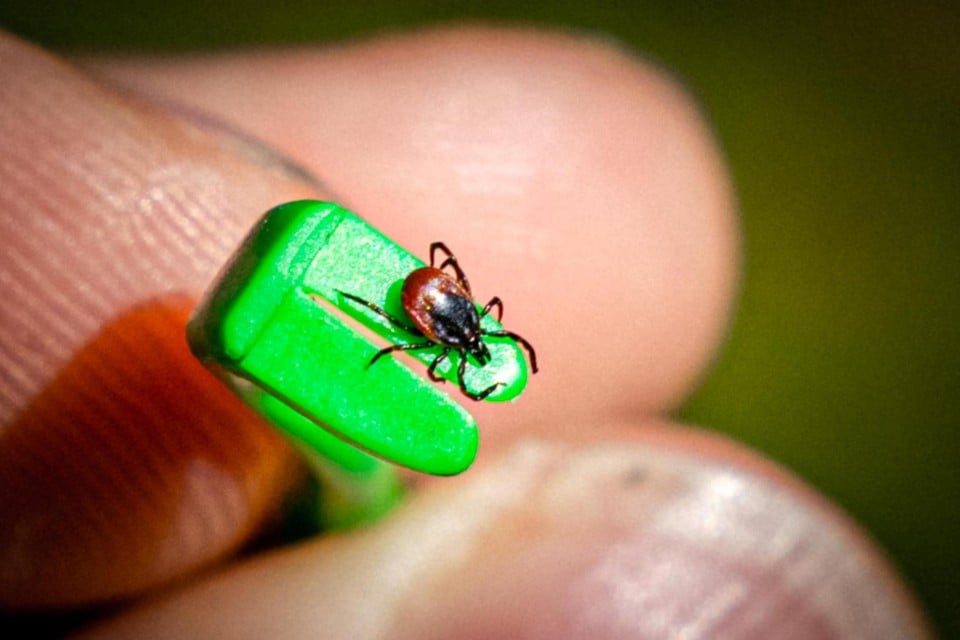Consumer Defenders’ Terrifice – Invalid e -commerce from third countries

Eternal chemicals
In May, the European Consumer Organization Organization in Brussels (French. Bureau Européen des Unions de ConommateursEnglish European Consumers Organization) General Assembly. Kęstutis Kupšys, a member of the European Economic and Social Affairs Committee representing the European Economic and Social Affairs Committee and Vice President of the Lithuanian Consumer Alliance, says that this time, e -commerce was in the spotlight.
« Not only the one that takes place within EU members within the EU, but the first plan is, however, a relationship with third countries outside the EU. We see a very unfair competition there, which are accompanied by our own ignorance, ignoring a wealth of warnings – aggressive advertising, black algorithms. K. Kupšys.
Fluorine -containing chemical compounds called eternal pollutants have been used in the industry of various branches for decades, from disposable vessels, waterproof clothing production to electricity network systems. Passphered and polyphlored alkalted substances (PFAM) are fluorine -containing organic compounds, and in most cases these substances do not decompose and therefore remain in the environment. The EU has been a debate for years about what to do with eternal chemicals or to ban them all. This is contrary to the block industry using these materials.
At the meeting in Brussels, the Danish Consumer Organization shared its findings of waterproof jackets: out of seventeen -tested waterproof jackets in electronic trade, even thirteen had to use eternal chemicals in the EU. « The Danes, after checking the waterproof jackets in physical stores, found only one in ten that did not meet the requirements. When they checked easily accessible analogous jackets on e -commerce platforms located in the non -EU, the result was opposite and quite intimidating, » says K. Kupšys.
« If such a product is discarded, it does not decompose. It is not a question about whether I liked it or disliked a jacket. It is a jacket that later ruins life for everyone, because eternal chemicals fall into the soil, water, poison the environment.
The European Consumer Organization raises the question of who should take responsibility for the quality of the product and the compliance of the EU standards, because sellers, located in China or Vietnam, are essentially trading in accordance with the laws of their countries. « Europe cannot impose rules if the item is not sold on European servers. You order the item, it travels by mail, by boat, but only when it reaches your territory can you cling to the quality of the product if it does not meet EU standards, » says K. Kupšys.
Theoretically, the EU and its institutions may try to prohibit such imports, but in practice it is not implemented. « According to one data, the EU reaches 5 million packages from foreign trade platforms daily. According to other data, I have heard the number – 12 million such an influx of goods is simply sorted but physically unassembled.
Search: K. Kupšys admits that there are many dilemmas, but there are no real solutions yet. / I. Gelūnas / BNS Photo
It is also growing in Lithuania as well
Parcel flows reaching Lithuania are monitored by the Communications Regulatory Authority (RRT). Ugnė Ramaneckienė, head of the RRT railway and postal regulatory group, says that the residents of Lithuania are already used to that even the world’s remote corner of the world can be downloaded, which is coming directly to the house or to the post office quite quickly.
« We observe that the number of parcels traveling to our country is steadily growing. This growth is driven by growing and popular e -commerce worldwide. In Lithuania, shipping in Lithuania is gaining in popularity due to growing postpartum development regions, which strengthen service accessibility, ensures the quality of postal services companies. ”
Total number of parcels in 2024 reached $ 59.6 million. This number includes parcels sent in Lithuania, sent abroad and received from abroad. « Compared to 2023, the number of all parcels increased by almost 13 percent. Last year, 12.8 million parcels were sent to Lithuania – 10 % more than 2023 more than 2023, the vast majority of parcels from abroad come from EU countries – 11.6 million, » says U. Ramaneckiene.
When it comes to the content of parcels, such as the dangerous or non -compliant parcels and inspection from third countries, the RRT does not have such data as the customs authorities of the Republic of Lithuania, which determine such cases and make appropriate decisions.
The Customs Department points out that the EU goods are moving freely in the territory of the community and that the customs authorities do not control them, nor do the Customs of the Republic of Lithuania control the goods brought to Lithuania, which are released into free circulation in other EU countries. Thus, the number of declarations formalized by customs does not reflect the total number of goods sent to Lithuania.
However, according to customs, more than 34 thousand people were formalized in Lithuania in April this year. import declarations. 1,638 goods were subject to physical inspection and 13,900 cases were subject to document inspection.
Electronic platforms must also be obliged to prevent European drivers from displaying content in which products do not meet EU requirements at all.
There are no answers
Growing online trading overshadows import space, creating conditions for non -protective products to Europe – it is impossible to control all electrical appliances, clothes, toys coming between millions of EU packages.
Often what the consumer buys can be seriously at risk of his property or even life. « For example, a device that has to guarantee heat in the bathroom, inserting into the socket, but comes a moment when it is elementary burning due to its design features – at that time you can be or not at home. What to do in this case Kupšys.
According to him, we find ourselves in a relationship confusion that is impossible to solve: « We can say – let’s ban imports from third countries in small packages, but the consumer begins to protest that it is so difficult to make a living and still want to tear off money. This is the wrong way.
« Can we go the other way and oblige you not to go to health -harmful goods? Probably, but is it possible, but is it possible to catch everyone who will not comply? The same dealer from China can easily create two or more online shops to keep one restriction on agreements, » says K. Kupšys. » Is it a matter for the buyer.
Then it is possible to increase the delivery fees of the goods so that the person is well considering before ordering the item, does he really need a few euros worth of a parcel that may have to pay, such as ten euros? « The result may be that the amount of such trade will fall, which will delight in the EU merchants who have local e -commerce stores. They know that their door can be overwhelmed by controlling organs, » says K. Kupšys. » Will the consumer want to pay three times as much as it is cheaper there?
Obviously, many dilemmas and no answers. « Europe was pleased that we have a very high level of consumer protection, and at the same time we are facing the flow of spam products to the EU market, which we do not have to stop, » says a member of the European Economic and Social Affairs Committee.
The seller is uncomfortable, located in an unknown village of China, which is not available to contact, and there is no power to respond.
Expectations and reality
In simple terms, the consumer himself remains responsible for his or her public health and the environment. « This is a sad case where a consumer of the EU does not have to punish him or her to a poor quality dealer who is located far away and the European authorities do not have to help him on the subject. You can try to seek justice if the dishonest seller is located in Poland, Spain.
Representatives of European consumer organizations in Brussels were considering the strategy for the next five years. Product safety issues, regardless of where the item comes from, whether it is purchased or purchased in the online store, is the most important.
« It is also necessary to tighten control so that such unsafe products do not enter the EU at all. It must be done through customs, market supervision. Electronic palatables must also be obliged to prevent European drivers from displaying content at all.
« We will see how to succeed in the next five years, but every time new challenges are emerging – for example, platform games at the dynamic price that depends on what the merchant knows about when you log into his account with your account, » he points out.
« Such games are often based on the expenses incurred by the seller, the desired profits – he just wants to get the price you can potentially pay, » says K. Kupšys.








